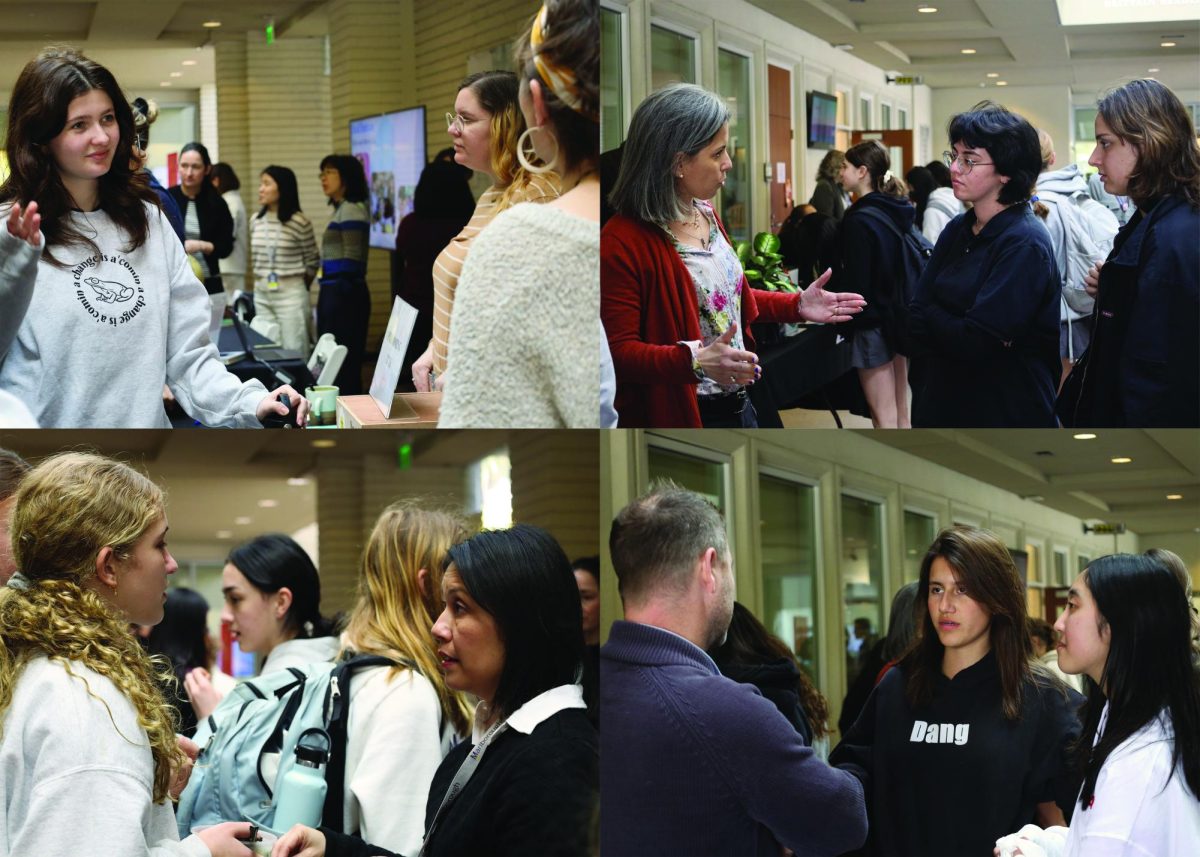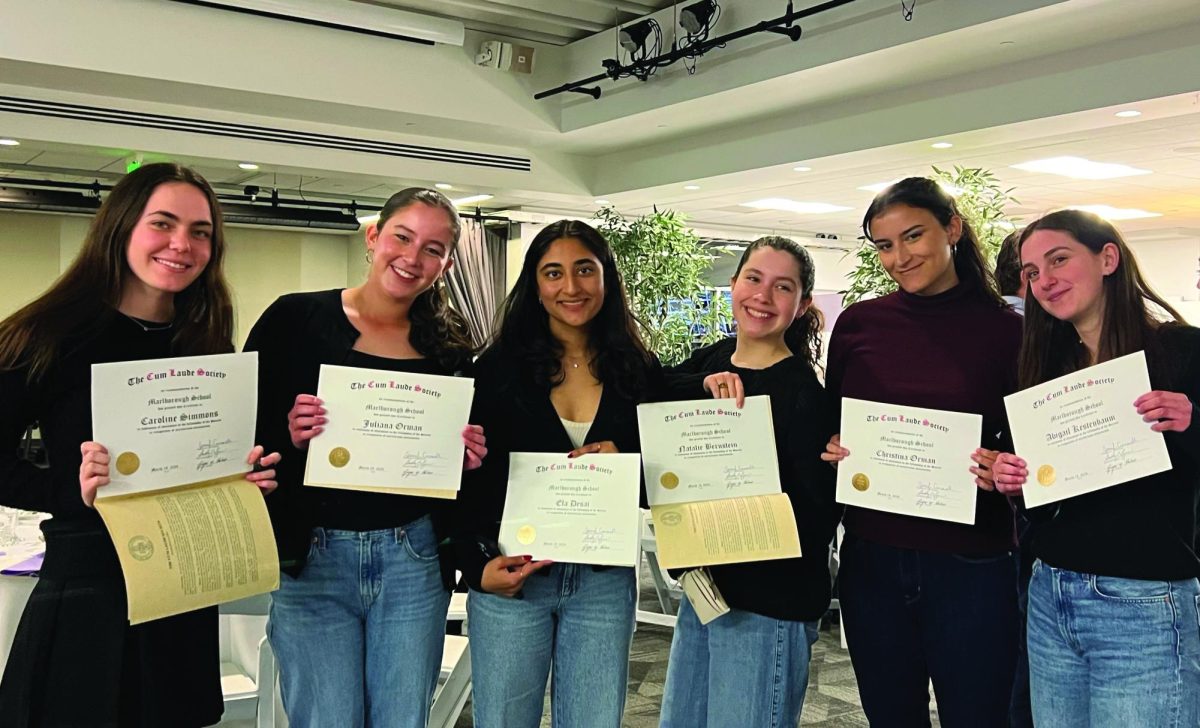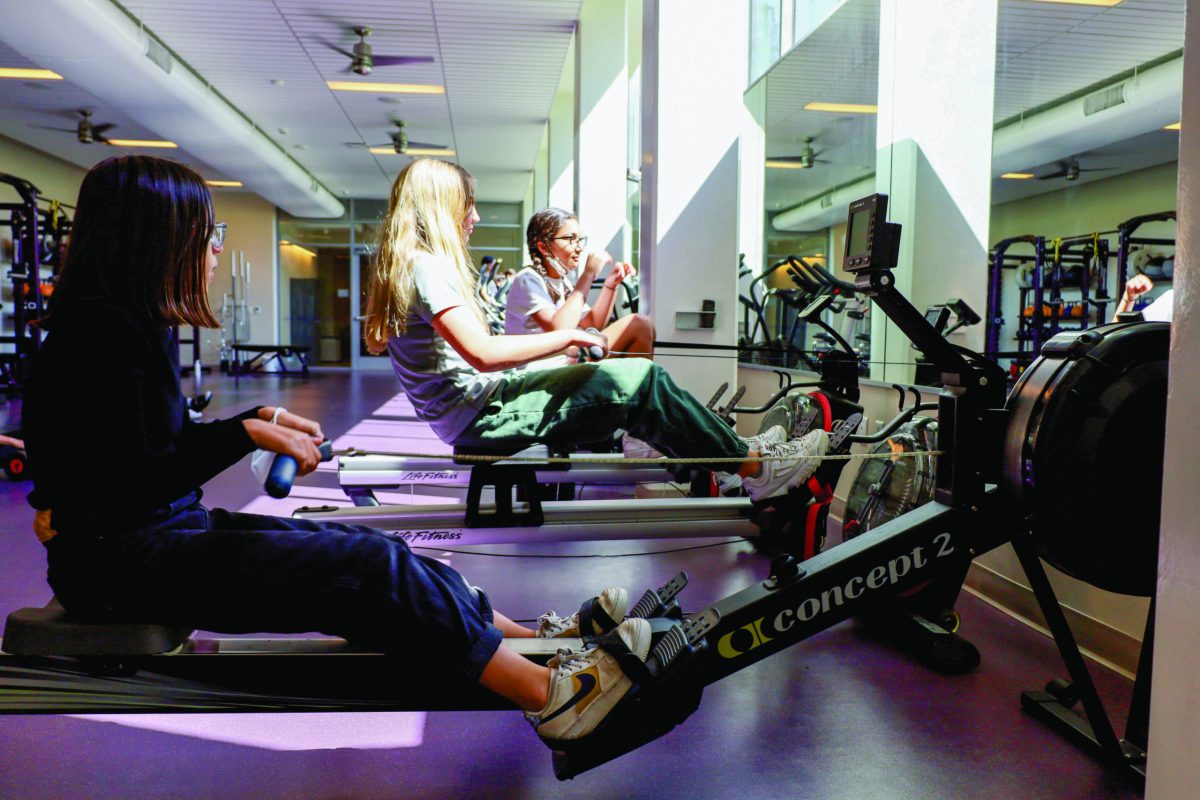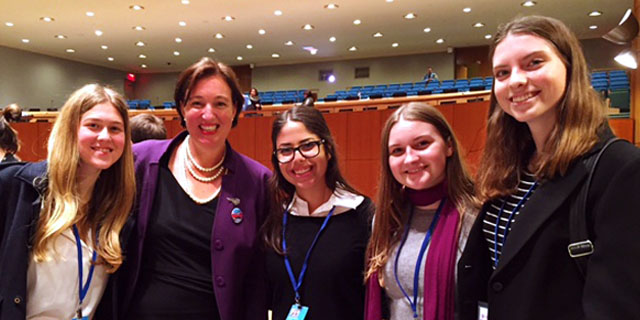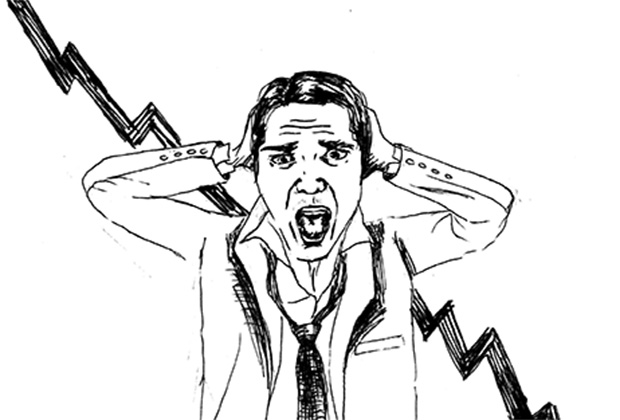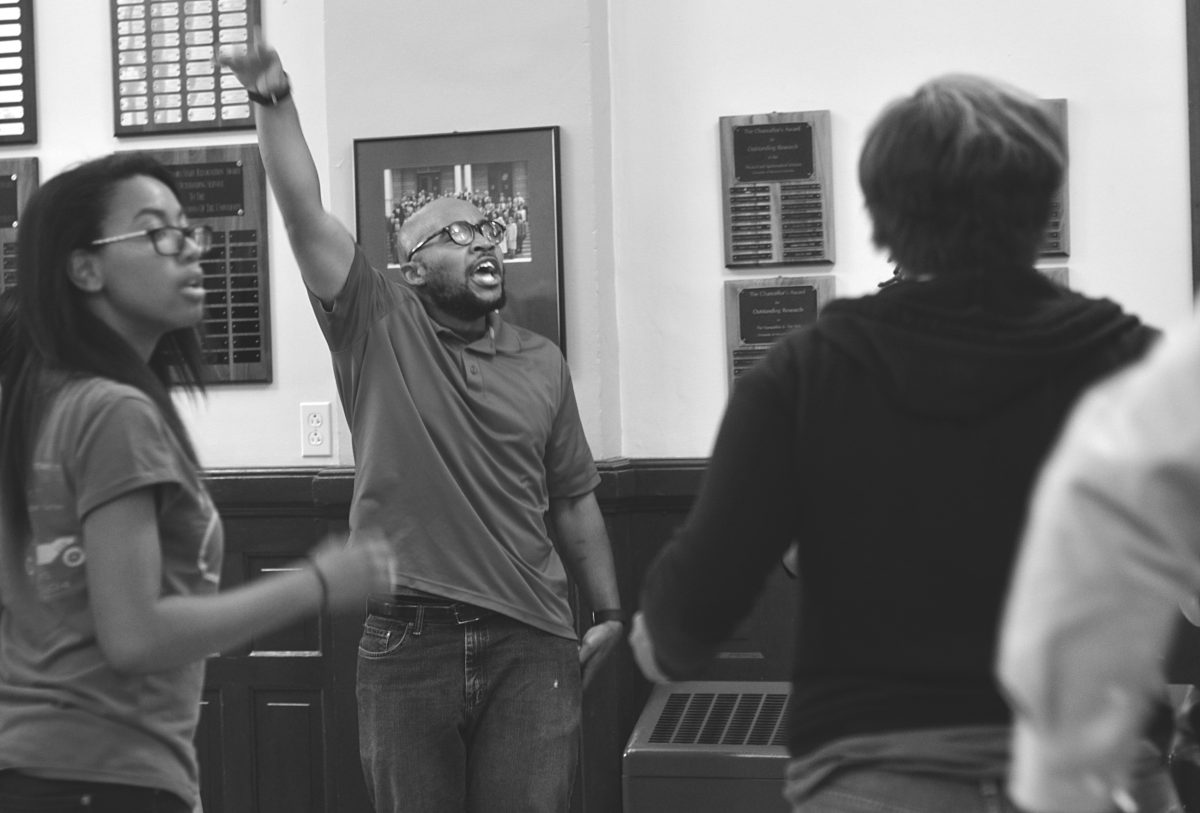
Jan. 22, 2013 marked the 40th anniversary of the milestone Roe v. Wade Supreme Court case, which legalized abortion nationwide. However, 2013 also marked a year of progress for people wishing to defund and restrict abortion. Over the course of the past year alone, 39 states enacted 141 provisions in regards to reproductive health rights. Seventy of the provisions seek to limit or restrict access to abortion services.
Last year’s anti-abortion measures ranged from specific restrictions on the procedure itself to the defunding of abortion clinics and family planning centers like Planned Parenthood. North Dakota governor Jack Dalrymple signed a measure to prohibit abortions after a fetal heartbeat is detected, which can take place as early as five weeks after conception, before many women even realize they are pregnant.
In Texas, a bill signed by Republican governor Rick Perry effectively shut down all but five or six of the state’s 42 reproductive clinics because they did not meet the criteria outlined by the law. Another Texas bill banned abortions after 20 weeks of pregnancy. In addition, family planning centers and clinics across the country experienced budget cuts.
Other recent national legislation that has been enacted includes mandatory waiting periods before an abortion and mandatory ultrasounds. Additionally, many states are passing Targeted Regulation of Abortion Providers (TRAP) laws, which require abortion clinics to undergo extensive and costly renovations in order to become certified surgical centers.
In the United States, more than half of pregnancies are unintended, and four in ten unintended pregnancies are terminated by abortion. In addition, 18% of U.S. women obtaining abortions are teenagers; women in their twenties account for more than half of all abortions worldwide.
The abortion issue is complex and controversial on local and national levels. Even the terms “pro-life” and “pro-choice” are misleading and can carry negative connotations for both sides. If a person is not “pro-life,” for example, it is implied that he or she might be “pro-death.”
Physical education instructor Tinka Brown explains that, as an educator, she does not get involved in politics and keeps the abortion discussion to a minimum.
“As a health teacher, I give the facts. I talk about resources, options, women and self-care. I’m not here to influence anybody’s family values,” Brown explained.
Although abortion is heavily debated across the country, the Marlborough community often shies away from the subject.
“I don’t think there’s enough dialogue on it, because it is one of those subjects that is really touchy. At a school like Marlborough, where really educated girls are being taught about promoting self-care and options, it’s probably something that is not talked about enough,” Brown said.
Paris Sanders ’14 explained that one key component of the abortion issue is its direct correlation to women’s rights. Opponents of recent abortion measures cite gender inequality as a key element of their argument.
“I think it’s most importantly a feminist issue because a woman’s social opportunities are really limited once she has a child,” Sanders said.
She added that many young women find themselves pregnant when they are young and unable to provide for children.
“I think that something as basic and as crucial as reproductive rights should be decided ultimately by a woman, and anything other than that is kind of in disregard of a female’s capability to make decisions, and it’s kind of patronizing and condescending,” Sanders explained.
Supporters of bills to limit abortion often turn to moral and religious arguments. Both sides of the abortion issue have substantial evidence and personal stories to back them up.
Rachel Broidy ’14 explained that she used to be pro-life, as she believed that each child deserves to live and that a child should not be punished for something that he or she could not control. Broidy recalled people she knows who have had abortions and explained that their lives were filled with regret.
However, after learning of an abortion procedure in her family, Broidy recognized the numerous factors and considerations that would make an abortion seem acceptable and even necessary.
“If anybody is worried about their child, or wants the best life possible for their child, they should be able to get an abortion. Also in cases of rape or lack of financial needs, you should be able to get an abortion,” Broidy said.

